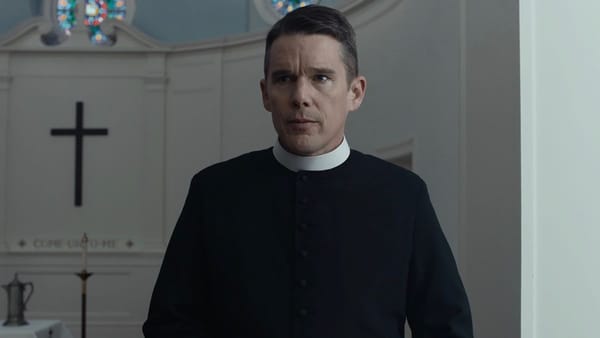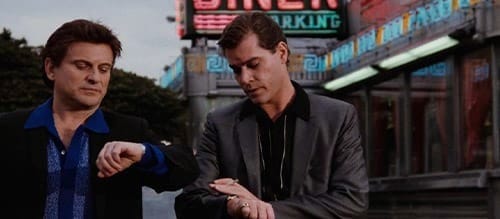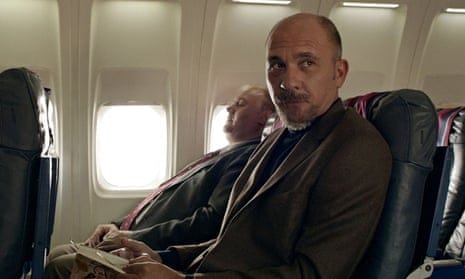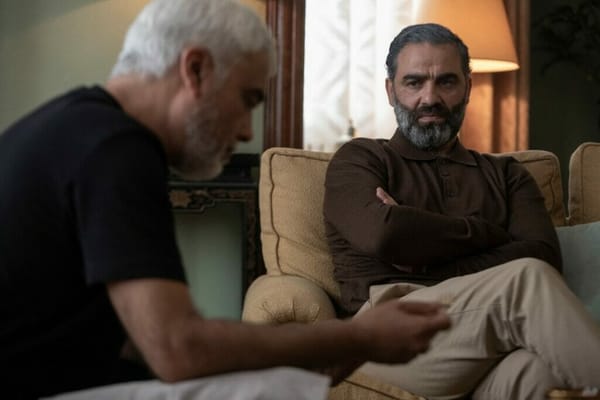A documentary that refuses to blink.
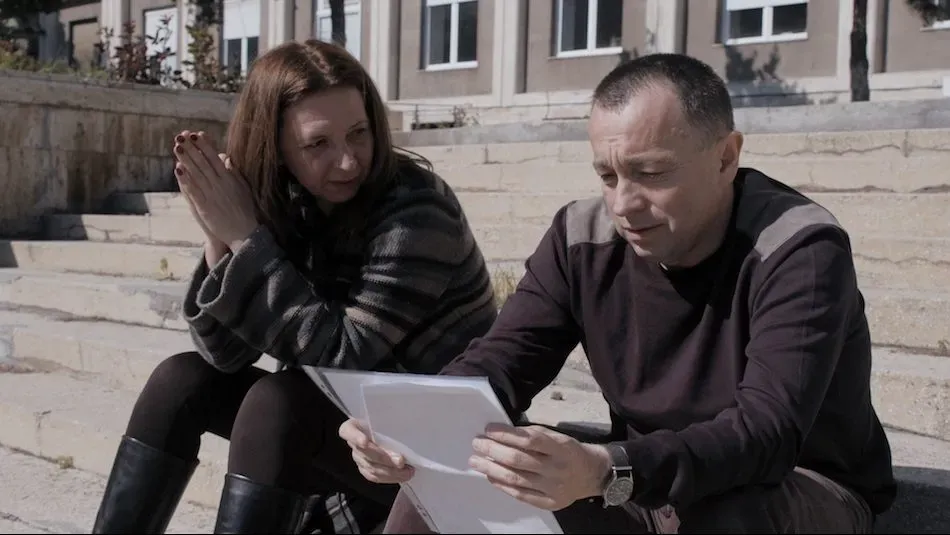
Some documentaries expose corruption. COLLECTIVE does something harder. It exposes the ecosystem that allows corruption to survive — the silence, the habits, the complicity, the learned helplessness, the “that’s just how it is” shrug that becomes a national reflex over time.
What begins as an investigation into a tragic nightclub fire becomes a portrait of a political and healthcare system rotting from the inside. And Alexander Nanau films it with the precision of someone opening a chest cavity and showing the organs still beating under the infection.
There are no stylistic flourishes. No manipulative music. No heroic framing.
The documentary doesn’t raise its voice. It doesn’t need to. Reality is doing the shouting.
Nanau’s camera sits in rooms most citizens never see — newsrooms, ministerial offices, hospital corridors. It watches as journalists uncover lie after lie: diluted disinfectant, fabricated reports, hospital infections covered up, contracts awarded to criminals, politicians performing empathy on camera while ignoring the dead off camera.
What’s remarkable is how calmly the film observes it all. The outrage is left to the viewer.
The journalists at Gazeta Sporturilor are not presented as crusaders. They’re exhausted, overwhelmed, and terrified of getting it wrong — but they keep going because no one else will. Their persistence becomes the film’s heartbeat, steady and unromantic. This is what accountability looks like when institutions fail: people with notebooks and laptops refusing to shut up.
Then enters Vlad Voiculescu, the new Health Minister. His presence shifts the film’s focus from exposure to reconstruction. He is soft-spoken, principled, and visibly stunned by the system he inherits. His idealism clashes against the machinery of a bureaucracy that has learned to protect itself at all costs.
Watching him try to reform the system is heartbreaking.
He is not naive — just vastly outnumbered.
COLLECTIVE becomes, almost accidentally, a portrait of how difficult it is to do good within a framework built to resist change. Voiculescu holds press conferences, meets survivors’ families, confronts hospital directors, and tries to bring transparency where secrecy was the norm.
But the film never treats him as a savior.
It respects him too much to lie.
Nanau keeps the camera on his face when optimism drains out of him, when he realizes the limits of his influence, when elections threaten to undo what little progress he’s made. These moments are not dramatic — just painfully human.
The film’s emotional core, however, belongs to the survivors and the families. Their grief isn’t paraded. It’s witnessed. Quietly. Respectfully. A father describing how his daughter died not in the fire, but in a hospital that hid its infections. A mother learning her son could have survived if he hadn’t been kept in Romania. These testimonies don’t seek pity. They demand accountability.
And accountability, the film argues, is fragile — one election away, one scandal away, one act of cowardice away.
By the end, the documentary offers no easy resolution.
Corruption doesn’t collapse in a single moment.
It persists, adapts, waits for the news cycle to move on.
But something does shift. A truth, once revealed, can’t be un-revealed.
A public, once awakened, can’t fully go back to sleep.
What makes COLLECTIVE extraordinary is its refusal to claim victory. Instead, it shows what honest journalism and ethical governance look like under pressure — imperfect, slow, always vulnerable to being undone.
Nanau’s achievement is not exposing a scandal.
It’s showing how scandals become possible in the first place.
This is documentary filmmaking as civic duty — clear-minded, humane, and built on the belief that the truth, however painful, is less dangerous than the systems that fear it.

